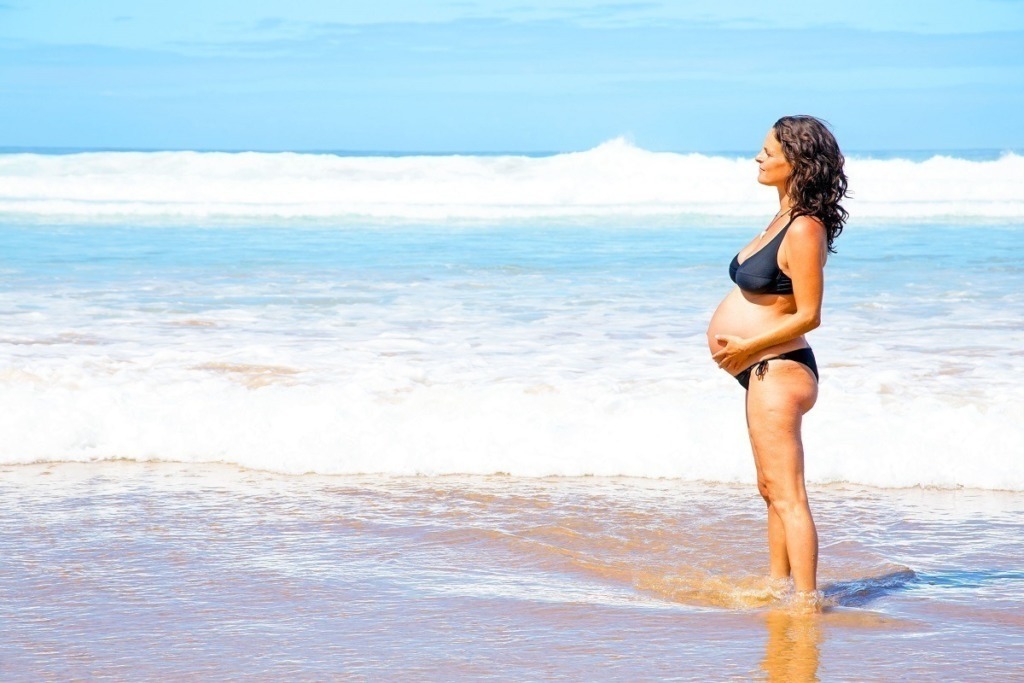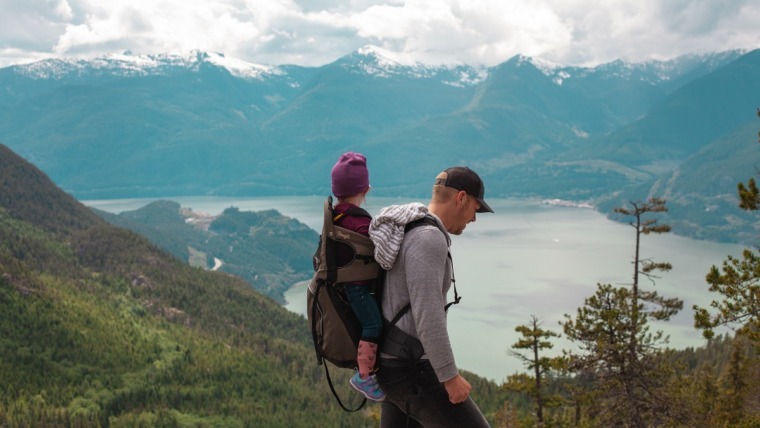
6 Tips For Babymoon Adventures
Written By Lyn Mitchell
Babymoons are becoming increasingly popular in Australia and can represent a great opportunity for partners to connect before two becomes three.
According to research, the second trimester is considered the best time to take a babymoon and for many mums-to-be, this will fall between May and July, given October is the most popular month for Aussie births.
Squeezed somewhere between the time when morning sickness eases and you feel too uncomfortable to go anywhere, a pre-baby break warrants a little advance planning and this can make all the difference when it comes to pregnancy travel.
Lyn Mitchell, National Manager of Marketing and Distribution in Australia for Tokio Marine, underwriters of World2Cover travel insurance, said there are some key things to keep in mind to ensure full peace of mind when travelling while pregnant:
- Speak to your doctor – prior to booking any holidays, discuss your travel plans with your health professional to determine whether it is safe to fly during your pregnancy, with particular detail on when you are planning to go. It’s best to travel mid-pregnancy, when risks for unforeseen emergencies such as miscarriage or preterm labour are at their lowest.
- Think about your chosen destination – whether flying or driving, you may find it difficult to stay seated for a long time whilst pregnant. Also always ensure that you have had all the required immunisations for the areas you are visiting and avoid any known Zika virus hotspots such as New Caledonia and Singapore.
- Check with your airline – each company will have its own requirements/regulations on pregnant passengers as there are different rules for short haul vs long haul flights. It’s also a good idea to obtain written permission from your doctor or midwife to avoid any problems at check-in or at the boarding gate.
- Purchase some in-flight essentials – flying during pregnancy can increase the risk of deep vein thrombosis (DVT) so invest in some DVT socks and bring a small lumbar pillow for comfort.
- Check your travel policy – some policies may exclude covering you if you have had IVF or are having twins or triplets, and some policies will only cover unexpected complications that occur up to 26 weeks of pregnancy. If you are travelling when you are more than 26 weeks pregnant, or have any pre-existing conditions then it is advisable to seek specialty insurance to ensure you are covered.
- Make sure you return home in plenty of time – if you go into early labour, often the care for your newborn after giving birth is not covered by insurance policies. Your health and the health of your baby are two of the most important things you will ever insure, so always check the fine print and know exactly what is included in your policy.
Limits, conditions and exclusions apply to all policies. Please read the PDS and full policy to ensure the cover is right for your circumstances.
The information contained in this article site is general in nature and does not take into account your personal situation. You should consider whether the information is appropriate to your needs, and where appropriate, seek professional advice.
6 Tips For Babymoon Adventures 6 Tips For Babymoon Adventures 6 Tips For Babymoon Adventures



